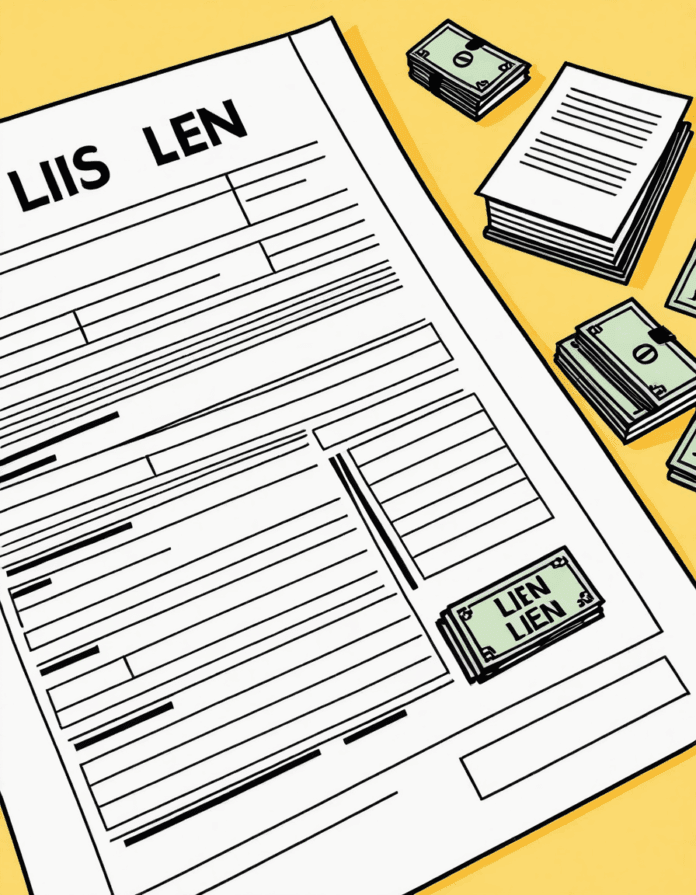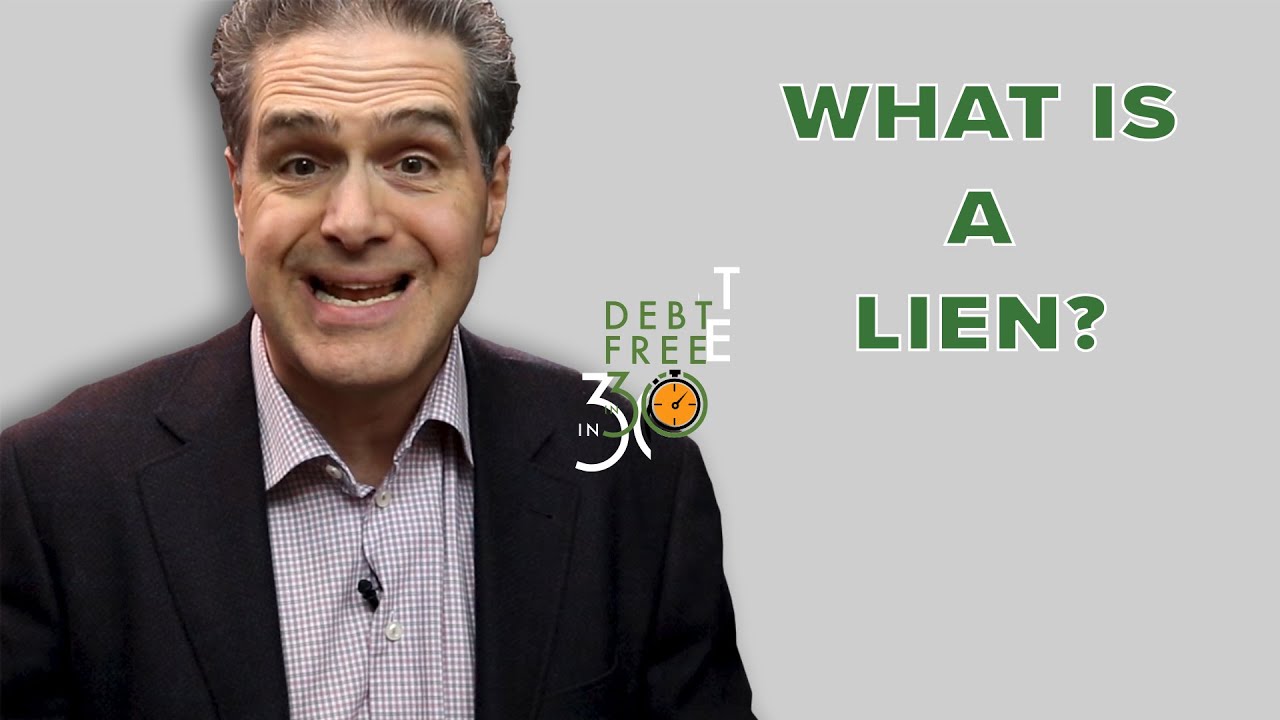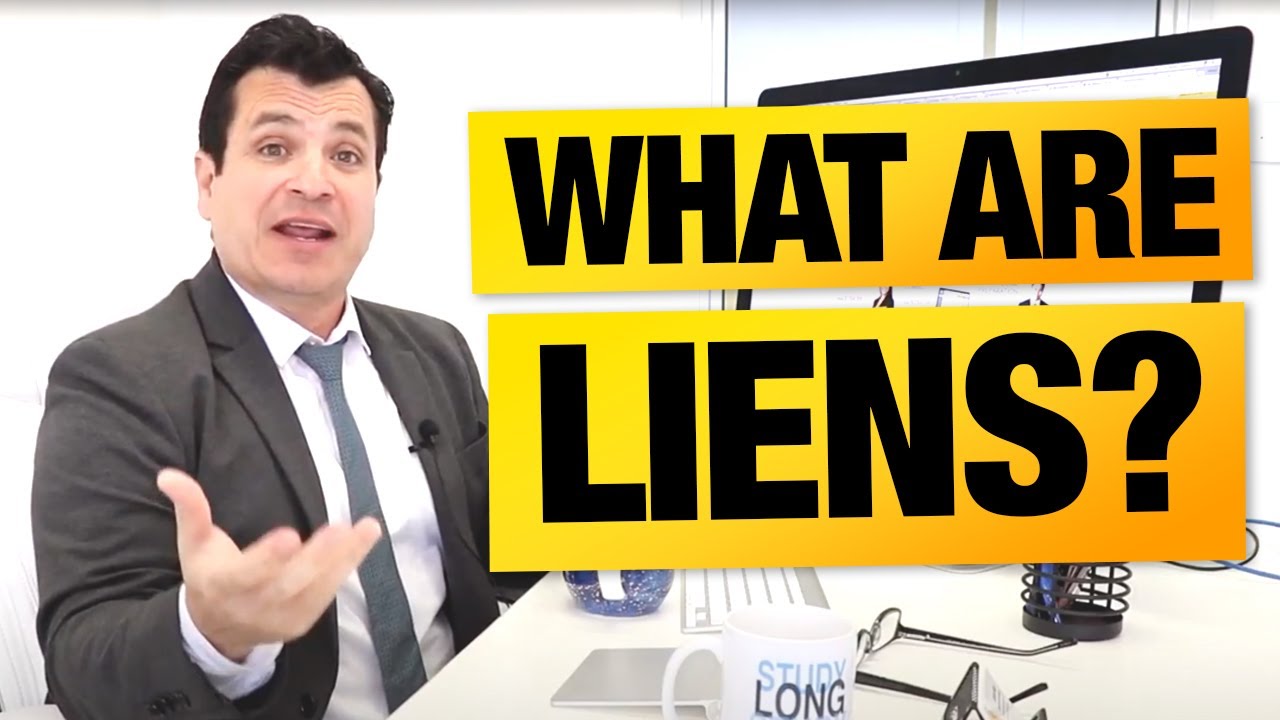When it comes to property ownership, one term you’ll frequently encounter is, “what is a lien?” A lien is a legal claim against a property that usually arises when someone owes money. It’s a significant factor in property ownership and financing, influencing not only the rights of property owners but also those of creditors. In simple terms, if you don’t pay your debts, creditors may place a lien on your property, complicating any sale or refinancing efforts. There are various types of liens, like mortgage liens and tax liens, each creating different encumbrances on your property title.
Understanding What Is a Lien
A lien can make things tricky for anyone trying to buy or sell property. Think of it like a red flag on your property; it signals to potential buyers or lenders that there are financial obligations tied to the property. When a lien exists, it stays attached to the property until the debt is paid off or otherwise resolved.
Often, a lien can keep you from selling your property until the obligation is cleared, which can create financial distress for the owner. This is because potential buyers usually prefer properties without any legal claims hanging over them. So, knowing what is a lien and its implications is crucial in home ownership and real estate transactions.
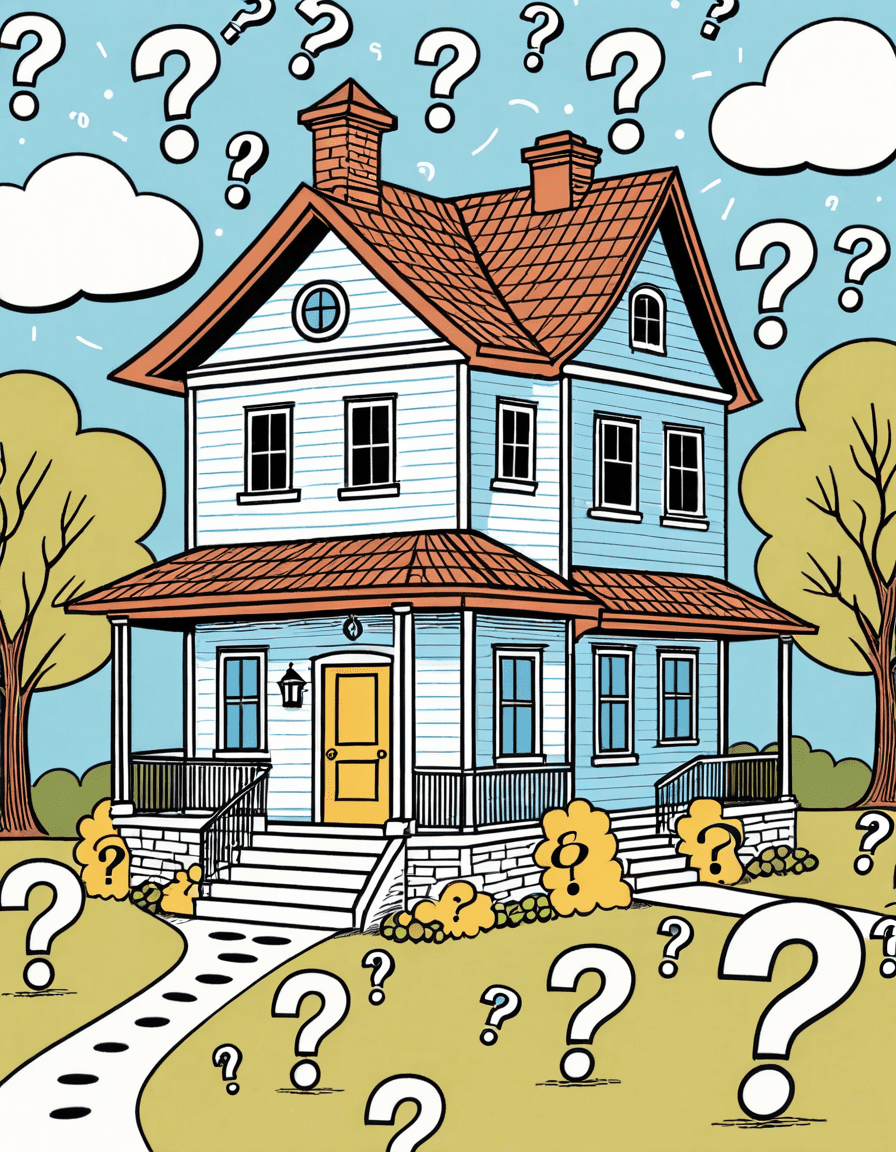
Top 5 Types of Liens and Their Impact on Property Rights
A mortgage lien is one of the most common types, created when you take out a loan to buy property. In this case, the property serves as collateral. For instance, when you secure a mortgage from lenders like Bank of America or Rocket Mortgage, you’re signing up for a mortgage agreement that puts a lien on your home. If you default on your mortgage, the lender can foreclose on the property, leaving you with little to no rights over it.
A tax lien occurs when property taxes go unpaid. The government can put this lien on your property, which takes priority over other liens. For example, during 2022, many homeowners saw tax liens pop up due to rising property values and tax reassessments. The local government often auctions off these liens, allowing investors a stake in properties burdened with unpaid taxes.
Have you ever hired a contractor? If that contractor isn’t paid, they might file a mechanic’s lien. This legal claim ensures that they get compensated for their work. For instance, if a homeowner hires a roofing company and fails to pay, the contractor can file a lien to secure their payment. This lien essentially limits the owner’s rights to sell the property until the debt is satisfied.
These liens come into play through court orders after a lawsuit. Creditors can claim an interest in your property if you owe them money. A well-known case is when a celebrity faced a lawsuit for unpaid services, resulting in a judgment lien on their estate.
Unlike other liens that are often unexpected, a voluntary lien occurs when you agree to it by taking out a loan. A common example includes car loans; if you don’t pay, the lender can claim the vehicle. In real estate, homeowners sometimes opt for Home Equity Lines of Credit (HELOCs), placing a lien as collateral against the mortgage.
What Is a Recession and Its Relation to Liens
Understanding what is a recession helps explain the broader context of liens. A recession signals a substantial decline in economic activity, lasting longer than a few months. This economic downturn can influence property values, loan defaults, and of course, the prevalence of liens.
During recessions, homeowners often face financial hardships, leading to more tax liens and mortgage delinquencies. For instance, many homeowners lost their jobs during the COVID-19 pandemic, which triggered financial struggles and forced lenders to engage with liens more frequently. Awareness of these economic factors is vital, especially if you’re planning to buy or sell property during uncertain times.
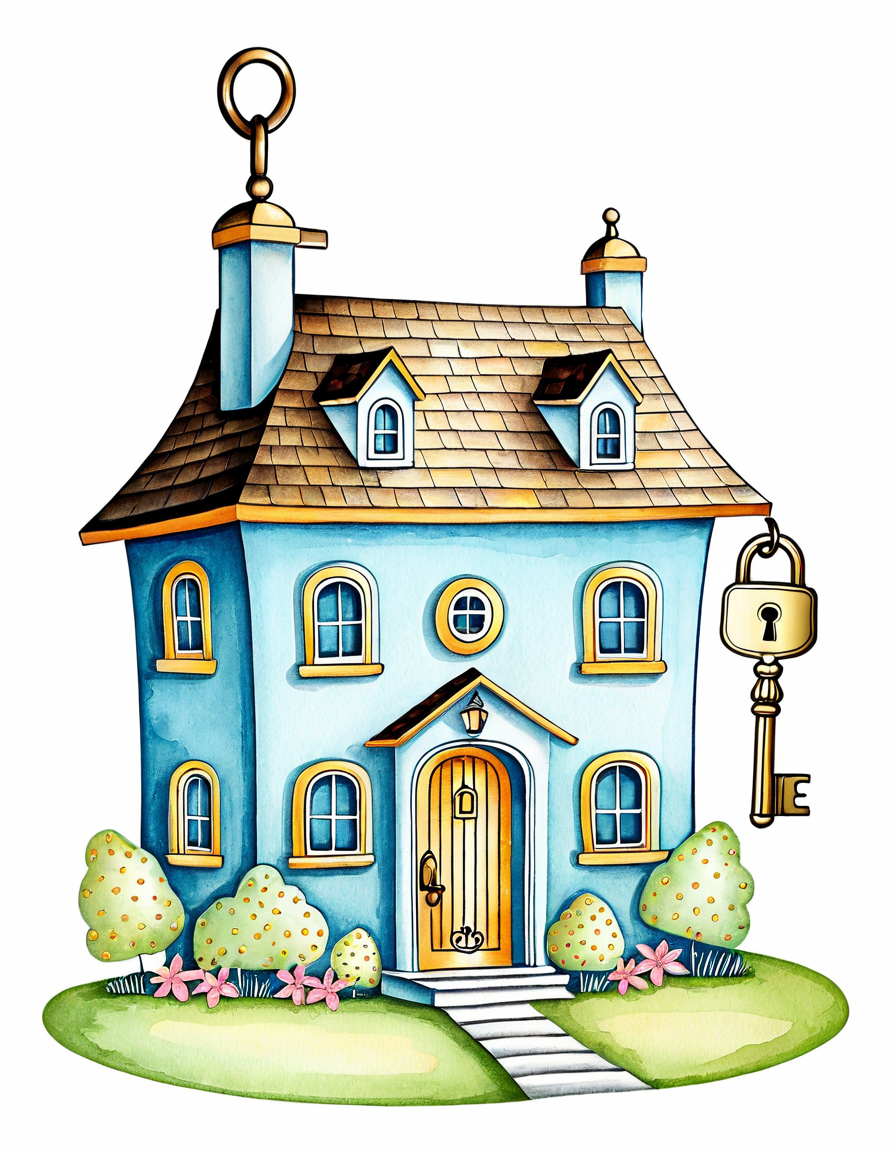
What’s the Difference in Property Ownership? Median vs. Average Property Values
When trying to get a grip on property rights, knowing the difference between median and average home prices is essential. So, what is median? Unlike averages, which can be skewed by extreme values, median represents the middle value, offering a clearer view of property affordability.
For example, during the housing boom, the average price of homes in San Francisco topped $1.5 million. However, the median price was closer to $1.3 million, reflecting a more realistic figure for many prospective buyers. Understanding this difference can help you make better financial decisions.
Understanding Acreage: Conversions and Its Importance
Whether you’re considering a vast piece of land or a small lot, knowing How much Is an acre” is essential. One acre is equivalent to 43,560 square feet. Understanding this measurement can help you evaluate property value more effectively, especially when you’re looking to invest in larger plots for development or agricultural purposes.
Having this knowledge allows you to compare properties better and know what you’re getting into. If someone asks, “how many feet is one acre,” you’re equipped with the right information to answer confidently.
What Is 6 Figures and Its Impact on Home Buying
In the world of real estate, the term “what is 6 figures” often pops up, especially when discussing income brackets necessary to afford homes. A six-figure salary is generally perceived as a threshold for buying certain types of properties. However, what “how much is 6 figures” means can differ significantly from one local market to another.
In high-cost areas, even a six-figure income might barely scratch the surface for homeownership, while in more affordable regions, it can provide a comfortable lifestyle. Understanding these dynamics can help potential buyers gauge their position when entering the property market.
Escrow: What Is Escrow and Why It Matters
Most home transactions involve an escrow service, vital in protecting both buyers and sellers. So, what is escrow? In this context, an escrow account holds funds until all conditions are met before transferring property ownership. This helps guarantee that all parties fulfill their obligations, including resolving any liens on the property.
For instance, if you’re buying a house with an existing lien, the escrow process ensures that the lien is cleared before you officially take ownership. Knowing this can save you from unexpected pitfalls when purchasing a property.
Unique Perspectives: Nepo Babies and Their Property Influence
The term “what is a nepo baby” refers to individuals benefiting from their family connections, often within the entertainment industry. Interestingly, this influence can carry over into real estate, where affluent families frequently leverage their networks to secure significant property investments.
Just like in the film “Boyz N the Hood,” we see how family ties can shape opportunities and access to resources. The concept highlights disparities in property rights based on socioeconomic factors, making it essential for aspiring homeowners to recognize these challenges and how they can navigate them.
Innovative Wrap-Up
Navigating liens is crucial for both first-time homebuyers and experienced investors. By understanding the implications of different types of liens, the economic conditions influencing them, and how to assess property values, you can make informed choices. This knowledge empowers you to protect your property rights and avoid common pitfalls in real estate transactions.
Whether you’re a new buyer or a seasoned pro, grasping these essential concepts is vital in your property journey. After all, being well-informed is the best strategy when diving into the home-buying process. Door-to-door, your future in real estate starts with understanding exactly what is a lien!
What Is a Lien: Fun Trivia and Interesting Facts
When diving into the question of what is a lien, you open up a fascinating corner of property rights. A lien is a legal claim that creditors have on someone’s property until a debt is satisfied. Think of it like a weight that ties to the property; the owner can’t just set sail until that debt is cleared. In fact, did you know that liens can come from various sources? Whether it’s a mortgage, unpaid taxes, or even an unpaid contractor bill, all create some pretty sticky situations. Much like scoring a perfect match with mahjong Tiles, where every piece plays a role, in the world of real estate, every dollar owed influences ownership rights.
The Different Types of Liens
Now, onto the meat of the matter: the types of liens. In essence, there are two main categories—voluntary and involuntary liens. Voluntary liens are usually the result of conscious decisions, like taking out a mortgage. Home buyers often partner with lenders, much like how Bank Of America mortgage rates can impact your buying journey. On the flip side, involuntary liens can be surprising; imagine waking up to find you have a mechanic’s lien because a car repair bill went unpaid. It’s a bit like a surprise visit to zoo knoxville; you think you’re just admiring the wildlife, and then you stumble upon something unexpected.
Liens and Your Property Rights
Understanding what is a lien isn’t all doom and gloom; it impacts property rights and investment opportunities. They can even alter how sellers market their homes. If a lien exists, it may deter potential buyers. That’s why savvy homeowners keep a keen eye on what they owe, similar to keeping track of us mortgage rates because the conditions keep shifting and could affect the sale process. And just like savoring Havarti cheese can enhance a meal, addressing any liens head-on can enrich your real estate experience and prepare you for a smooth transaction.
Just as movie buffs appreciate the diverse cast of Boyz N the Hood, the world of property features varied players: buyers, sellers, creditors, and, of course, those pesky liens! Liens can be troublesome, but with the right knowledge, including understanding when to consult an expert or even seeking insights from an advisor, you can maintain your course. Understanding what is a lien gives you the upper hand, much like knowing which card to play next when watching a game of poker, because you never know when a Bobbi Starr situation may arise. Don’t let lien issues catch you off-guard; stay informed and proactive as you traverse the property landscape—after all, you might learn a thing or two, just like Malia Obama navigating her own unique path in a high-profile world.


